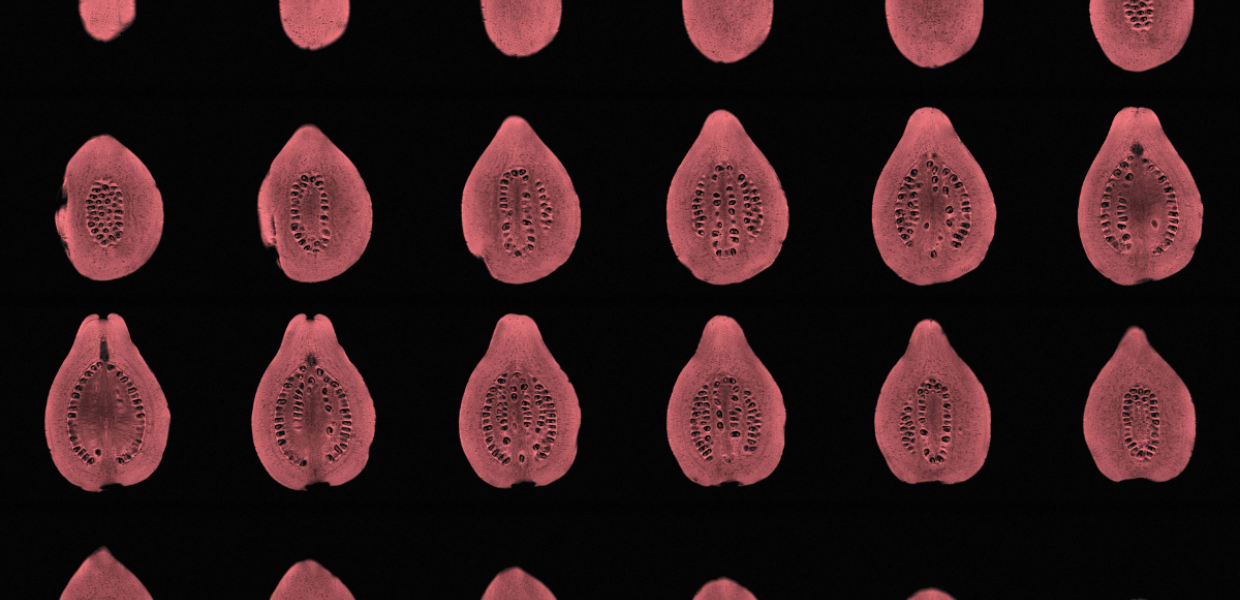Coinciding with the rotating Presidency of the Council of the European Union, Europeana organises two cultural heritage policy oriented presidency conferences every year together with the Member States holding the presidency. The events bring together high-level policy makers from European ministries of culture, cultural operators and professionals, experts in the topic, representatives of the European Commission and the DCHE Expert Group to secure the network's outreach to EU Member States and to discuss topics of current focus of the digital cultural heritage sector and the Europeana Initiative.
Methodology
The first step was to review the outputs/documentation of past presidency events. Post-event questionnaires were then sent to attendees of the 2019 presidency events at the time of the event and therefore before this impact assessment was planned. These data were reviewed (the sample was very small). Together with Europeana colleagues, a Change Pathway was developed following the Impact Playbook methodology. A framework was created for future data collection, including a registration survey, revised post-presidency event surveys, and a follow-up for participants of the events, to be sent at least six months after the event.
We wanted to trial the Croatian presidency event as the first event where we would begin monitoring the social demographics of event attendees at the event registration stage. We created four questions that could be used to track the diversity of event attendees, namely, relating to age, gender, country they represent and disability.
Findings
The events consisted of invited attendees, most of whom had been to Europeana events previously. While there were slightly varying degrees of the practical awareness of Europeana’s frameworks, this is not unexpected for an event that brings together both high-level policy-orientated participants and also experts from other fields.
The strategic nature of the event was an influencing motivation for those who attended, and most of the attendees report that contributing to (and thus further developing) the discussion on the policy area as a driver for their participation.
The event appeared to satisfy all the cohorts (a combined satisfaction rating of 7+ out of 10 in the topics we surveyed). While Network development was not a big driver for participants, all but one respondent noted that they made new contacts, while two noted that they consolidated their existing network. In future, we should investigate more - and value - the opportunity for participants to consolidate and strengthen their networks at events, particularly when the guests are more likely to know each other (e.g. policy makers or members of the Digital Cultural Heritage Expert [DCHE] group).
Limitations due to COVID-19
With the COVID-19 pandemic striking as we were due to send a follow-up questionnaire to participants of the 2019 presidency events, our impact assessment plan had to change. It was felt to be inappropriate to add extra burden to the participants of the 2019 presidency events due to the likelihood of their attention being needed elsewhere during the preliminary months of the crisis. A similar approach was followed in other assessments. For that reason, this report does not present the intended longer-term perspective we had hoped to gain.
Recommendations
A framework to support the impact assessment for future presidency events, including the development of indicators and question types for inclusion in future registration, post-workshop and follow-up questionnaires for participants, has been created. This should be embedded for future presidency events.
Validation and next steps
The development of this framework has contributed to the overall development of questions to monitor the demographics and diversity of participants, the creation of a standardised question bank and the standardisation of processes for capturing data from events participants.
This report was validated internally within the Europeana Foundation. Future reports on the impact of presidency events will have external validation.
You can download and read the full report through the link below.


